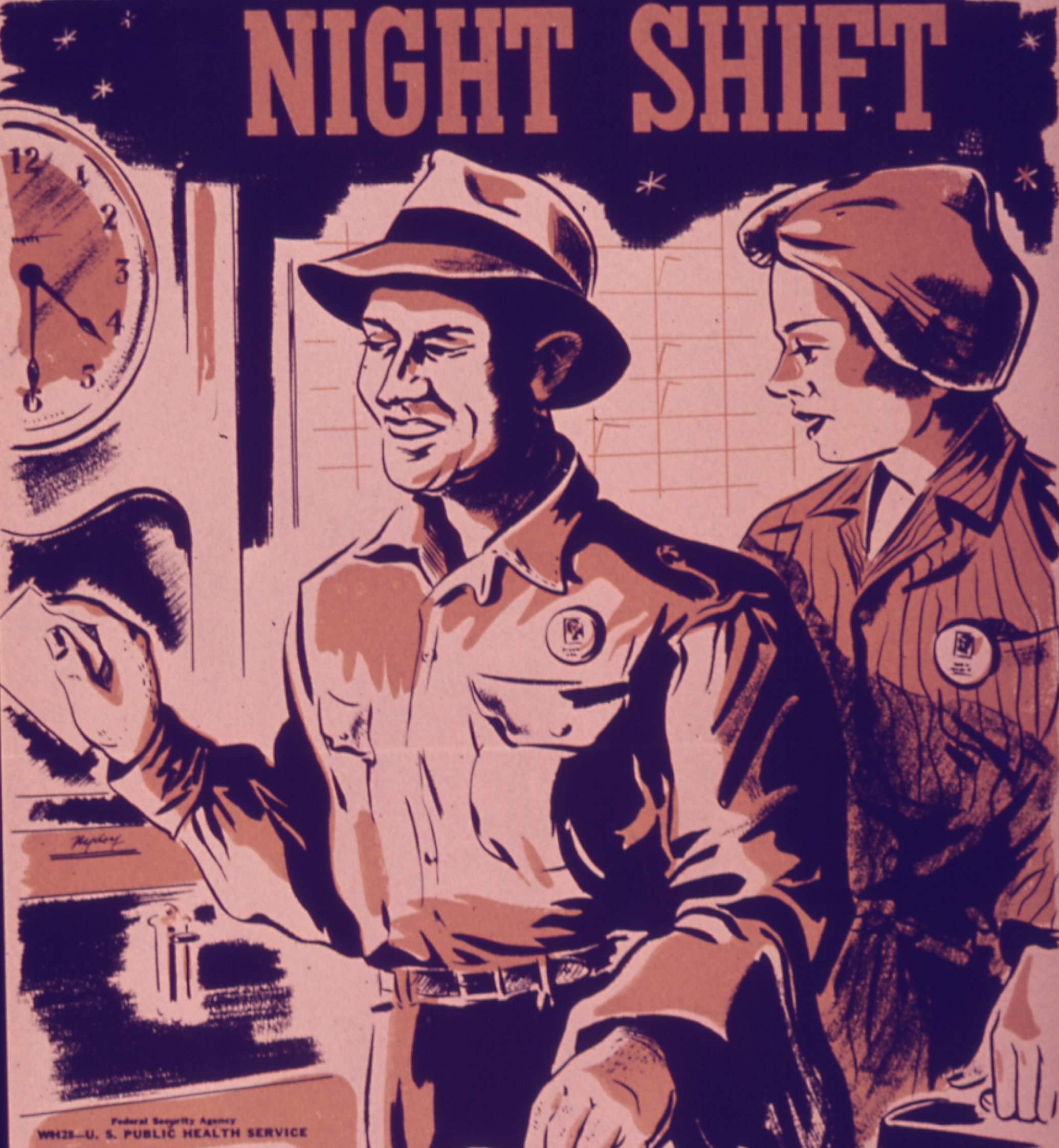Shift Work, Diet and Type 2 Diabetes: The Media Response

In December, PLoS Medicine published a paper by An Pan and colleagues, which focused on shift work and type 2 diabetes. The authors found that working night shifts on rotation over extended periods of time modestly increased the risk of type 2 diabetes and that this appeared to be partly mediated by body weight. The study has been viewed over 8000 times since publication and has attracted a great deal of press attention. Since the study was US-based, it was no surprise that much of this coverage came from American media sites such as USA Today, the Boston Globe and the Huffington Post (who reposted a report by Amanda Gardner at Health.com). Elsewhere in the world, however, the findings also made a significant impact, with the UK’s Daily Mail, Canada’s CBC News and the German magazine Focus all covering the paper.
Many media outlets opted for factual headlines reflecting the study’s findings, such as CNN’s ‘Night shift work may raise diabetes risk’ (also reposted from Health.com), and ‘Irregular Night-Shift Work Associated With Higher Diabetes Risk’ from the Wall Street Journal. The LA Times, however, chose the punchier “Shift work: Good for your pocketbook, bad for your health.” In her piece, reporter Melissa Healy explains that, although “these days, it’s just good to have a job”, if your job involves shift work your physical wellbeing could suffer. Alice Park at TIME also mentions shift work in light of the current economic climate, commenting that “the night shift isn’t usually anyone’s first choice, but in some professions — and in this economy — it can’t be avoided.” In a Perspective article published in PLoS Medicine on the same day as the research paper, Mika Kivimäki, David Batty and Christer Hublin state that “We are increasingly residing in a “24/7” society; thus, the option to eradicate shift working is not realistic.”
Just as the media storm generated around the paper by Pan and colleagues was dying down, at the end of December PLoS Medicine published an editorial related to the topic of how shift work affects health. The PLoS Medicine Editors discussed the link between shift work, diet and type 2 diabetes, arguing that unhealthy eating should be considered a new form of occupational hazard. Their article made international headlines, with some news sites such as TIME, the LA Times and the Huffington Post following up their stories on the Pan paper with coverage of the editorial. PLoS Medicine Chief Editor Dr Ginny Barbour, the lead author of the editorial, received multiple interview requests and is quoted extensively in pieces by ABC News, Toronto Star and The Checkup. A brief podcast reporting on the editorial is available on the Scientific American website.
Hopefully the media coverage that the interlinked papers received will have broadened public awareness that shift work can harm your health. The Checkup asks its readers: ‘Have you ever considered that the hours you work at your job can actually make you sick?” However, as the PLoS Medicine Editors outline, the findings of this study relate to a wider issue. Though we must all take responsibility for what we eat, the onus does not rest solely with the individual: “governments need to legislate to improve the habits of consumers and take specific steps to ensure that it is easier and cheaper to eat healthily than not. Could workplaces, specifically those who employ shift workers, lead the way (or be required to lead the way) in such a drive?”